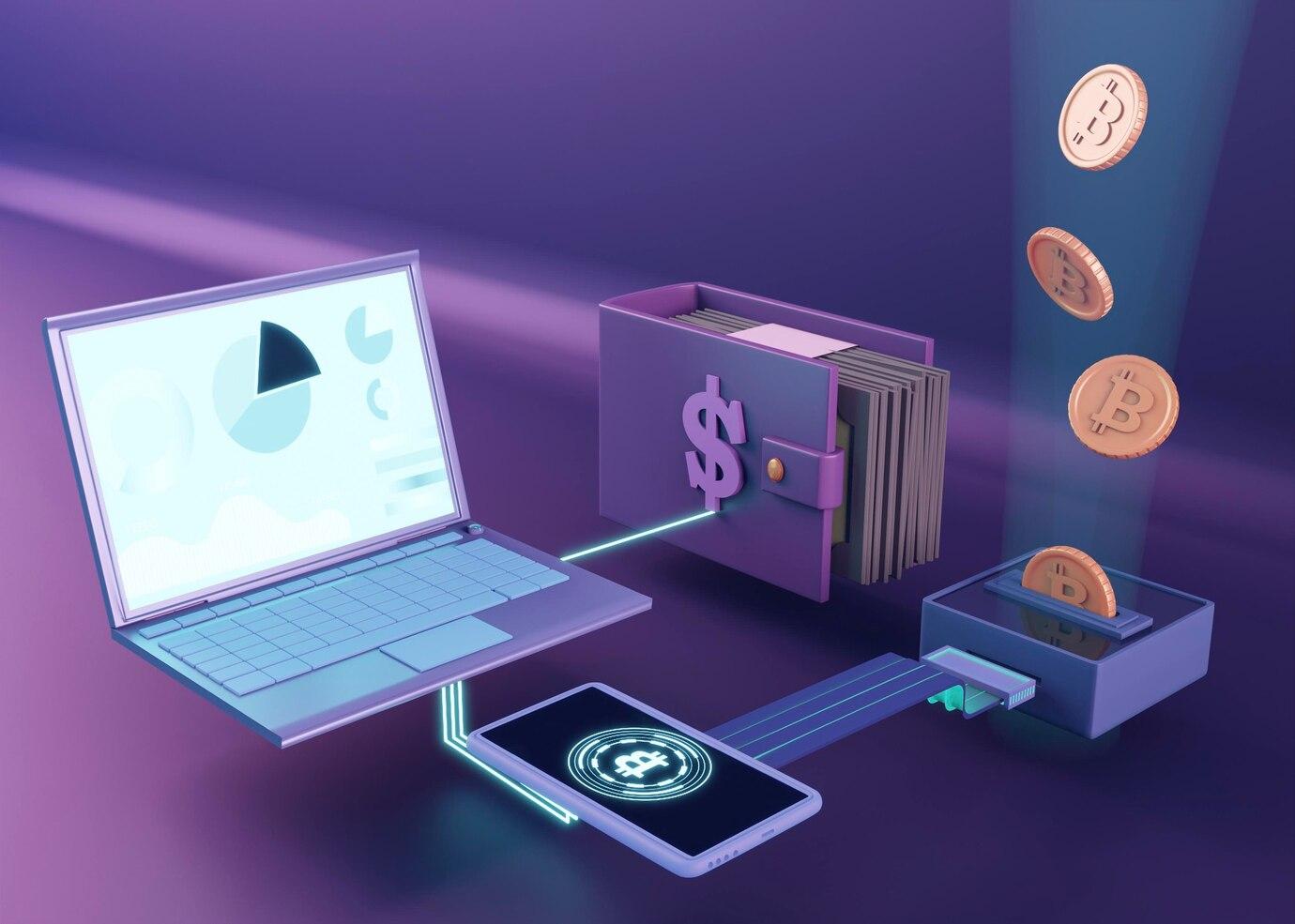Crowdfunding is a modern way to attract investments, allowing startups and projects to find funding at early stages of their development. However, with the growth of crowdfunding's popularity, many fraudulent schemes have emerged that can deceive unsuspecting investors.
Understanding Crowdfunding
Crowdfunding is a way of funding projects by collecting funds from a large number of people through specialized online platforms. Platforms like Kickstarter, Indiegogo, and others allow project creators to present their ideas and offer rewards to participants supporting their endeavors. Crowdfunding offers new opportunities for entrepreneurs, but it also opens doors to fraudsters and scammers.
According to statistics, most projects on crowdfunding platforms are successfully completed, but there is also a certain percentage of failures. This is where the risk appears. Many platforms do not thoroughly check projects, and as a result, fraudsters can use them to collect money from investors.
Common Crowdfunding Fraud Schemes
There are several types of fraud encountered on crowdfunding platforms, including fake projects, phony fundraisers, and charity scams. Let's take a closer look at these schemes.

Fake Projects
Fraudsters often create fake projects, presenting themselves as innovative and promising, to lure investors. They use well-designed pages, offering amazing ideas that, to an inexperienced investor, look absolutely real. However, promises often remain unfulfilled, and funds disappear without a trace.
To avoid losses, pay attention to the following points:
- Research the project team: Check who stands behind the project. Make sure the team has experience and proven success in the field they are working in. If there is no information about the team, it is a red flag.
- Reviews and feedback: Look for mentions of the project on forums and social networks. If other users confirm that the project is nonsense or a scam, you should be on alert.
Fake Fundraisers
Some fraudulent platforms mislead by claiming they intend to raise funds for noble causes. This could be helping the poor, funding scientific research, or social projects. Fraudsters use these fakes to evoke sympathy and trust, making people donate.
In this case, it is important to carefully study the documentation and history of the funds raised. It is also worth checking if the platform is registered as a charity and has permission to collect donations. The absence of such information should be alarming.

Investment Scams in Startups
Investment fraud in startups is also quite common. Scammers attract the attention of potential investors by offering short-term benefits when investing, often promising incredible profits in a short time. These schemes actively use social networks to spread false information and attract victims.
To prevent falling for such schemes, investors should:
- Study the business model: It is important to understand how exactly the startup intends to make money.
- Request financial reports: If possible, ask to provide documents about the company's financial condition. Transparency in investment flow and expenses is an important sign of the startup's integrity.

How to Check a Crowdfunding Platform
Checking a crowdfunding platform before investing is the best way to protect against fraud. Let's focus on some critically important aspects to pay attention to.
Licensing and Registration
Before making a contribution, make sure the platform has the appropriate licenses and is registered. This can be verified on the official websites of regulatory bodies. If the platform has no transparent information about licensing, it might be a sign of fraud.
Reviews and Ratings
Research the platform by reading user reviews. You can start with independent sites where opinions and ratings are published. Pay attention to the number of positive and negative comments. A high rating and many positive reviews may indicate the platform's reliability.
Refund Policy
Reliable platforms usually have clear refund conditions in case the project fails to meet its obligations. Familiarize yourself with these conditions before investing. If the platform struggles to provide such information, it might be a warning sign.

How to Protect Yourself from Fraud
There are several proven ways that will help you avoid fraud and protect your finances when investing in crowdfunding.
Ensure the Project's Credibility
Always check that the companies or individual entrepreneurs representing the project are reputable. Use tools like LinkedIn to contact the team and ensure their real existence.
Don't Fall for Emotions
Fraudsters often use emotional tricks to make you act quickly. Don't rush. Take time to analyze the offer, pros, and cons before deciding to invest.
Smart Investing
Invest only the funds you are willing to lose. This is a basic rule that will help you avoid large financial losses in case of fraud.
Crowdfunding offers unique opportunities for investors and entrepreneurs, but it also comes with the risk of fraud. If you follow the recommendations provided, you will have a chance to avoid losses. Careful study of projects, checking platforms, and reasonable behavior will help protect your finances from the malicious intentions of fraudsters. Investing is always associated with risks, and a conscious approach to project selection is the key to success in the world of crowdfunding. Objectivity and common sense are your main allies in protecting your investments.


